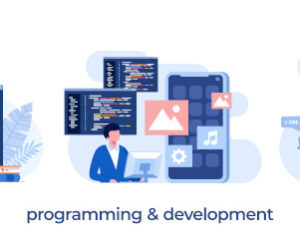We have compiled the best Julia static site generators. These tools are released under a freely distributable license.
Read more
The Linux Portal Site

We have compiled the best Julia static site generators. These tools are released under a freely distributable license.
Read more
A web framework “is a code library that makes a developer’s life easier when building reliable, scalable, and maintainable web applications” by providing reusable code or extensions for common operations.
Read more
Blink.jl is a Julia wrapper around Electron. Serve HTML content in a local window, and communicate between Julia and the web page.
Read more
Merly is a microframework for declaring routes and handling requests. Quickly creating web applications in Julia with minimal effort.
Read more
Genie.jl is the backbone of Genie Framework: the complete solution for developing modern full-stack web applications in Julia.
Read more
Bukdu.jl is a web development framework for Julia. It’s influenced by the Phoenix framework.
Read more
StaticWebPages is a user-friendly static website generator. It’s written in the Julia programming language and published under the GPL.
Read more
Franklin is a simple, customisable static site generator oriented towards technical blogging and light, fast-loading pages.
Read more
Julia aims to create an unprecedented combination of ease-of-use, power, and efficiency in a single language. Here’s our recommended Julia tutorials.
Read more
Julia is a high-level, high-performance, homoiconic and functional dynamic programming language for technical computing. Its roots are in Lisp.
Read more